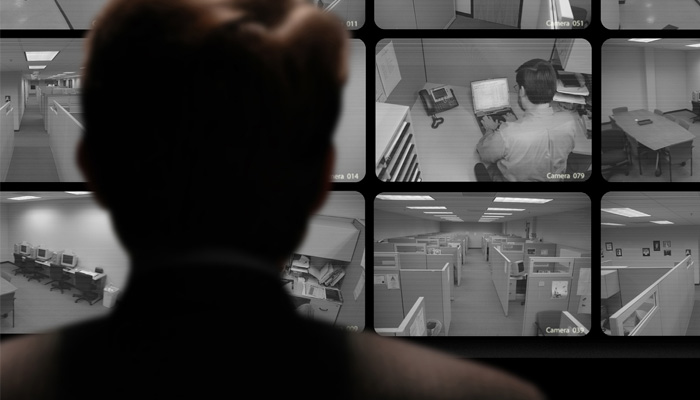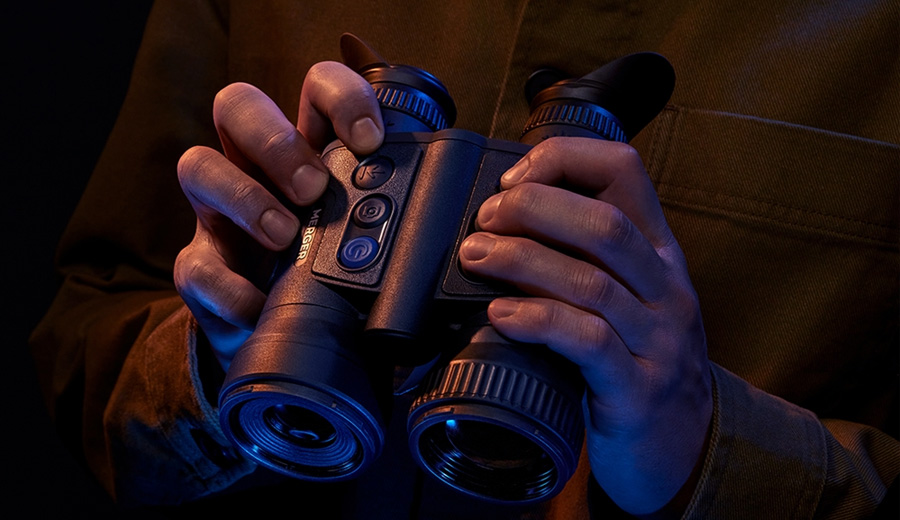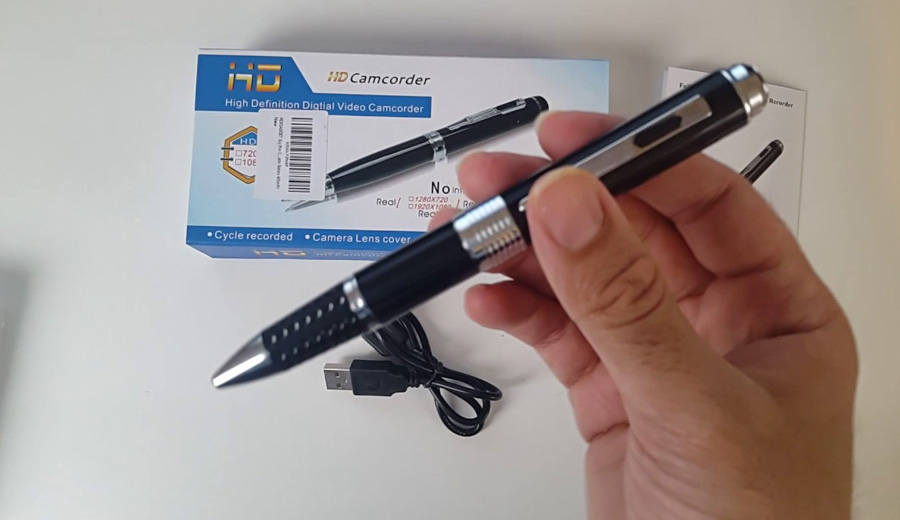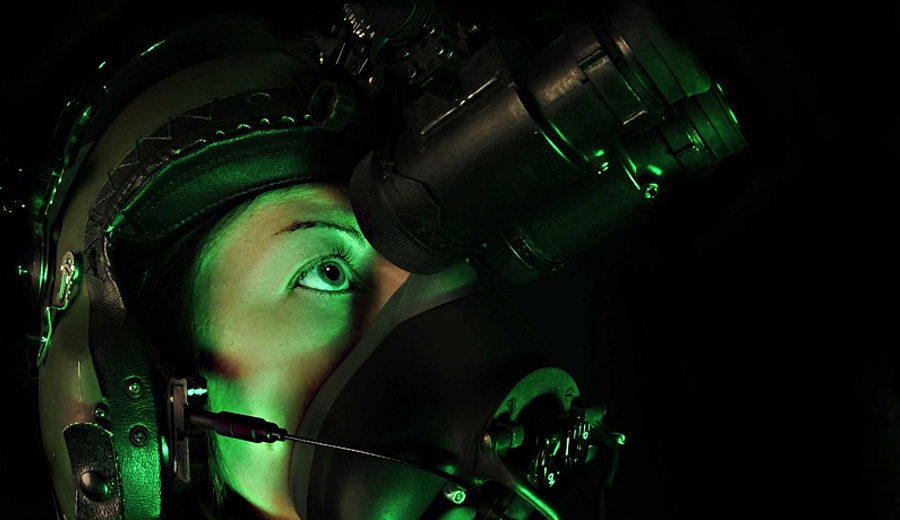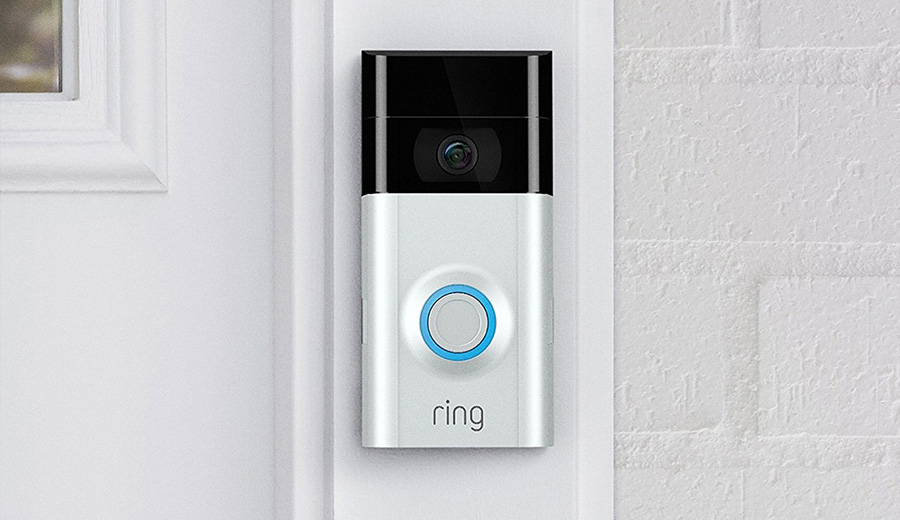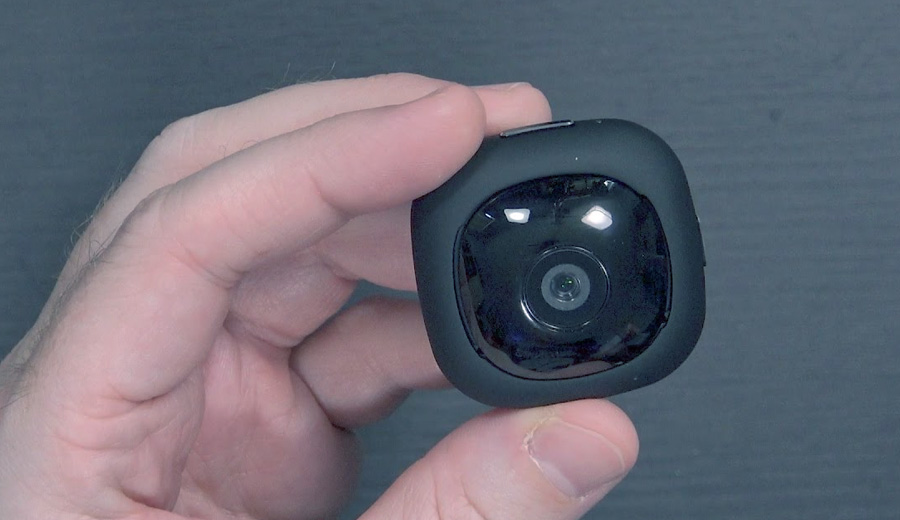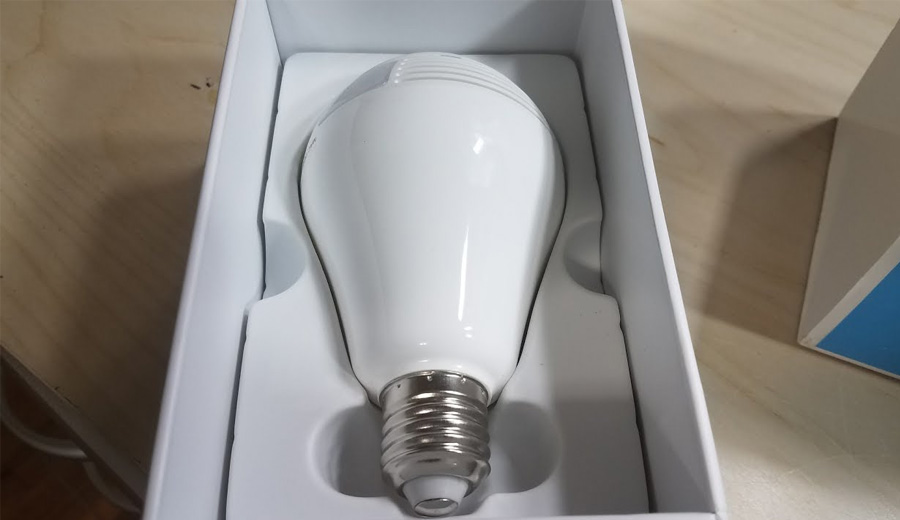In this article, we’ll try to explore the legalities of surveillance and spy cameras. This is especially true for business owners.
So, you’ve decided on a nice and juicy security camera system, or maybe a sweet high-res nanny camera in your house.
But here comes the question, are you breaking any laws by installing these cameras?
To further discuss legal issues regarding spy cameras, we shall highlight certain facts about where and in what ways these devices may be rightfully deployed.
Understanding Spy Cameras
Surveillance cameras, otherwise referred to as spy cameras or hidden cameras, are small but powerful devices used to capture videos/images stealthily, without the notice of the “target”.
These cameras may serve a multitude of objectives like household protection, observation of personal belongings, probationary matters.
Nevertheless, there is a possibility for such usage to breach privacy of an individual.
Privacy Laws
Using spy cameras should be done within the confines of the law, respecting the privacy rights.
In the US for instance, according to security.org there are few federal laws you should look into. Expectation of privacy laws and consent laws.
- Expectation of privacy laws: It’s generally legal to record people in public. So what does this mean? A reasonable expectation of privacy means that private locations such as bathrooms, changing rooms, locker rooms, hotel rooms, and bedrooms, are generally considered private areas.
That’s where an individual would expect privacy. So for business owners, keep in mind not to include cameras in such areas to avoid legal trouble.
- Audio recording of private conversations law (18 U.S.C. 2511(2)(d))2 allows phone call recording, home security camera, in-person conversations with the consent of at least one of the parties.
That means as long as you or another consenting adult are the parties in the audio being recorded, you’re free and clear to keep those audio equipped cameras rolling.
You obviously shouldn’t place hidden cameras in someone else’s home. But your own business or home property is generally fine.
In UK for instance, there’s a law that says you cannot capture footage of innocent civilians, who are not considered suspicious or criminal.
That would mean that security cameras installed in your property should only record, premises of your territory. If they capture people walking outside your fence for instance, you may be at risk of recording someone against their consent.
Legalities of Spy Cameras
For instance, there is a lot to consider regarding whether or not it is lawful to use spy cameras in certain places and for specific purposes.
You should check with your local laws, as each country, state is different.
As a general rule, you should be ok recording your own house, but you never know. Do your own research, or ask the experts about that.
Here are some key points to consider:
- Consent: Spy cameras are forbidden by law to be used for secretly recording or monitoring people in many countries especially within private domain.
Implied consent may exist at public sites where a person has no justified expectancy of privacy. - Public vs. Private Spaces: In most cases, spy cameras are considered ok to use if they are placed in public spaces where people don’t expect to have absolute privacy. Parks, streets as well office buildings, etc.
On the other hand, they are usually subject to more stringent restrictions for use in private spaces, such as someone’s home. - Workplace: Spy cameras at work are rather a delicate matter. Though employers may have a reason to install surveillance cameras for security and productivity purposes, they should inform employees of the same.
- Nanny Cams: In general, nanny cams are legal because they are hidden cameras positioned within a private home to watch babysitters.
However, the placement of such cameras should not take place in areas where people have an expectation of privacy, like bathroom. - Voyeurism Laws: Many jurisdictions have criminalized voyeurism, which refers to secretive use of spy cameras for sexual or malicious intent. They prevent invasive and oppressive monitoring of individuals.
Penalties for Illegal Use
Violation of privacy law regarding use of spy cameras is subject to punishments such as fines, lawsuits in civil courts, and criminal charges amongst others.
The nature of legal consequences can vary depending on the jurisdictions and case-specific circumstances. Always check your laws!
Conclusion
Lastly, the issue of legality regarding spy camera usage rests on consent and the expectation of privacy.
In general, they can be used for purposes such as security and surveillance; but, the legal rights of a person’s privacy should be recognized and acknowledged also.
Use spy cameras in a lawful way by checking the local laws and regulations.
Also, do not hesitate to seek help from a lawyer when uncertain.
Finding the correct balance between safety and privacy when using a spy camera is crucial if you want to stay out of legal trouble and continue protecting yourself, your loved ones and your assets.

